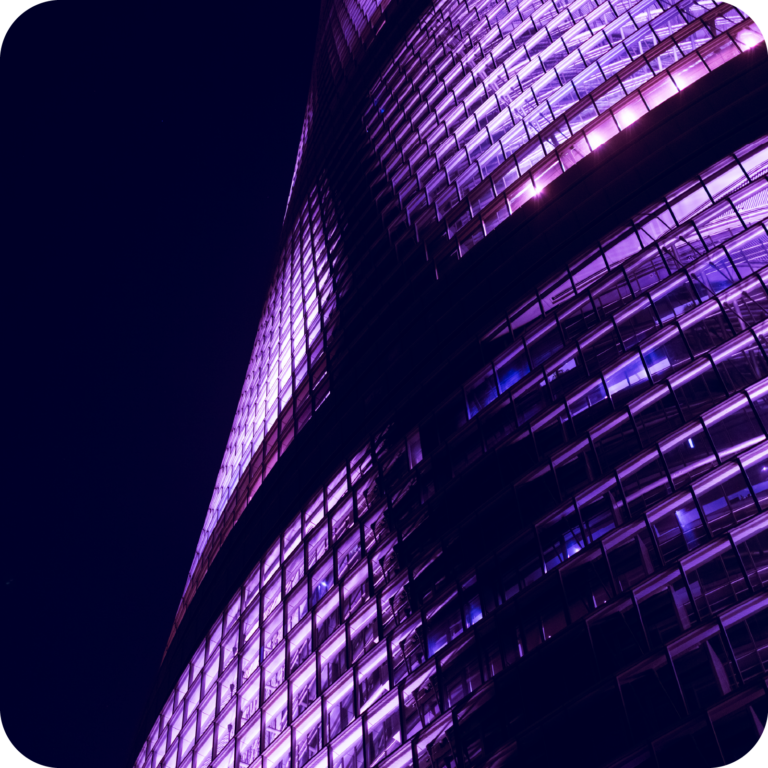How Bluetooth is creating a more sustainable world

Sustainability is crucial for preserving our planet and ensuring a healthy future for generations to come. Lighting alone accounts for nearly 15% of global electricity consumption. The retail industry relies heavily on paper-based price tags and signage that contribute to millions of tons of paper waste each year, much of which is not recycled. And the lack of visibility in supply chains leads to spoilage, delays, and inefficiencies, particularly with temperature-sensitive goods like food and pharma.
Through innovative applications like electronic shelf labels (ESLs), networked lighting control, and smart labels as well as supporting battery-free devices thanks to advances in energy harvesting and the ambient IoT, Bluetooth is driving sustainability and helping businesses optimize resources, reduce waste, and contribute to a greener economy. In the retail sector, ESLs replace millions of paper tags annually, streamlining operations while saving valuable materials. Smart labels enable the real-time monitoring of supply chains, ensuring optimal conditions for perishable goods and reducing spoilage.
Source: ABI Research, 2025
Source: The World Economic Forum, 2025
Bluetooth® Electronic Shelf Labels (ESL)
ESLs are small, battery-powered displays that digitally present pricing and product information at the shelf edge, replacing traditional paper labels. Bluetooth® ESLs help eliminate billions of paper shelf tags, minimizing ink and plastic usage and reducing paper waste by thousands of pounds per store annually. Bluetooth ESLs also allow retailers to implement accurate, multi-channel pricing strategies, highlight product details, and direct restocking (digitally and in real time), improving store operations and providing a better shopping experience.
Source: ABI Research, 2025
Source: Deloitte, 2022
Source: Forrester Consulting, 2022
Bluetooth® Networked Lighting Control (NLC)
NLC systems are intelligent networks made up of individually addressable, sensor-rich luminaires and control devices that communicate wirelessly to optimize lighting performance. Bluetooth® NLC solutions significantly reduce energy consumption through more efficient lighting control by enabling occupancy sensing, daylight harvesting, and advanced scheduling. These systems strategically optimize energy usage and extend the lifespan of lighting fixtures to reduce costs and environmental impacts. Bluetooth NLC networks can also integrate with critical building systems like HVAC for environmental sensing to enable further energy efficiencies and savings.
Interoperability, vendor choice, and long-term flexibility are the core advantages of Bluetooth® Networked Lighting Control (NLC). For building owners and facility managers, these are essential for implementing energy-efficient strategies at scale with confidence in their investment security. Unlike proprietary solutions that lock customers into specific ecosystems, Bluetooth® NLC fosters competition, leading to lower prices, faster innovation, and broader market adoption. The open-standard approach is not just shaping the future of lighting control — it makes sustainability more accessible across commercial buildings worldwide.
Rafal Han, CEO of Silvair

Source: Lighting Controls Association, 2023
Source: Signify, 2023
Bluetooth® smart labels
Smart labels are flexible, printed electronic devices embedded with wireless communication capabilities, designed to track and transmit critical information about goods throughout the supply chain. Bluetooth® battery-free, smart-label solutions optimize supply-chain logistics, improving inventory management and reducing waste. By transmitting critical data, such as temperature, humidity, inventory, location, and priority of use/sale, they help avoid spoilage and ensure the delivery of fresher goods with minimized loss.
Source: ABI Research, 2025
Source: Fictive’s State of Manufacturing Report, 2024
Creating a more productive world